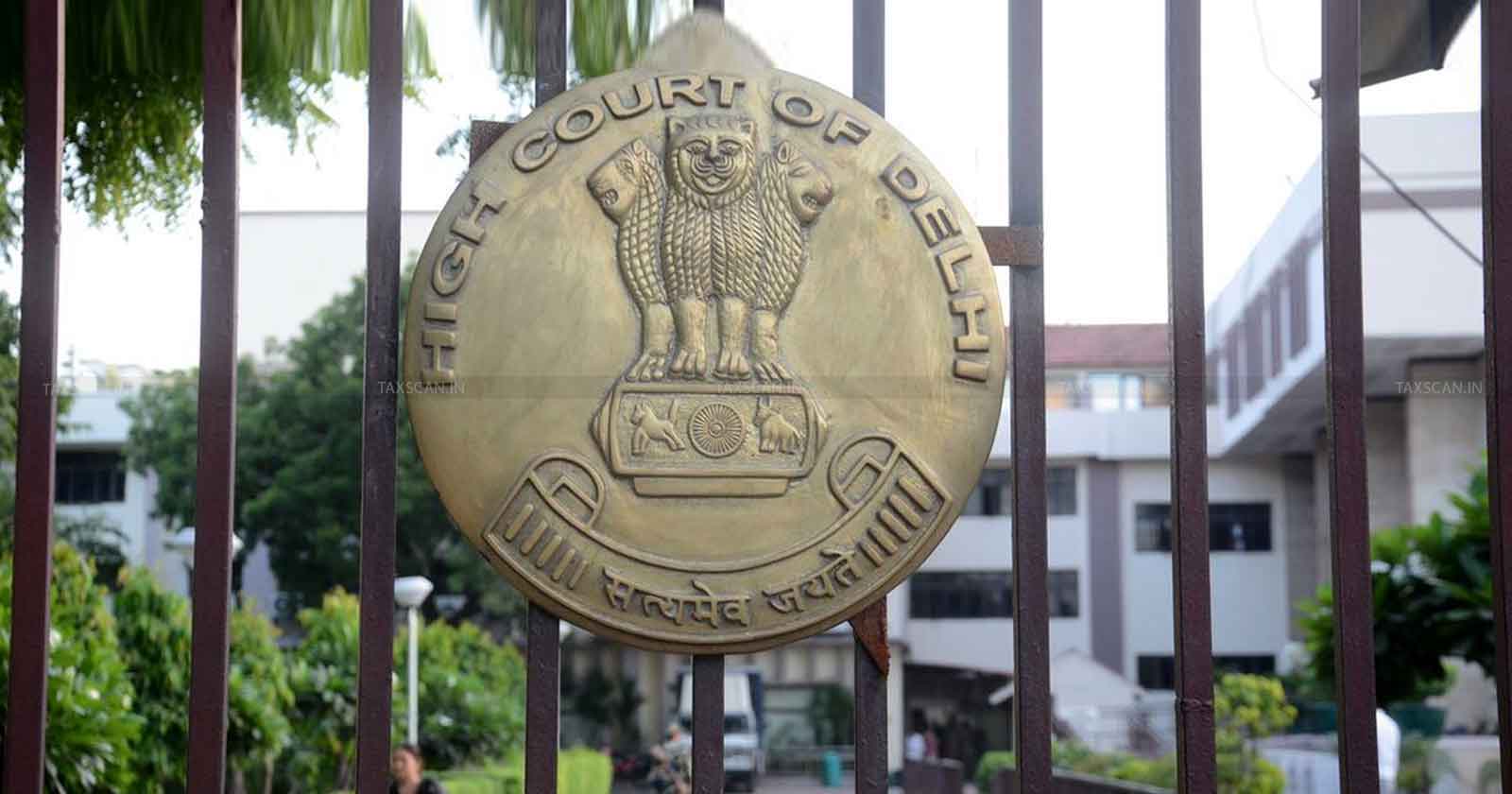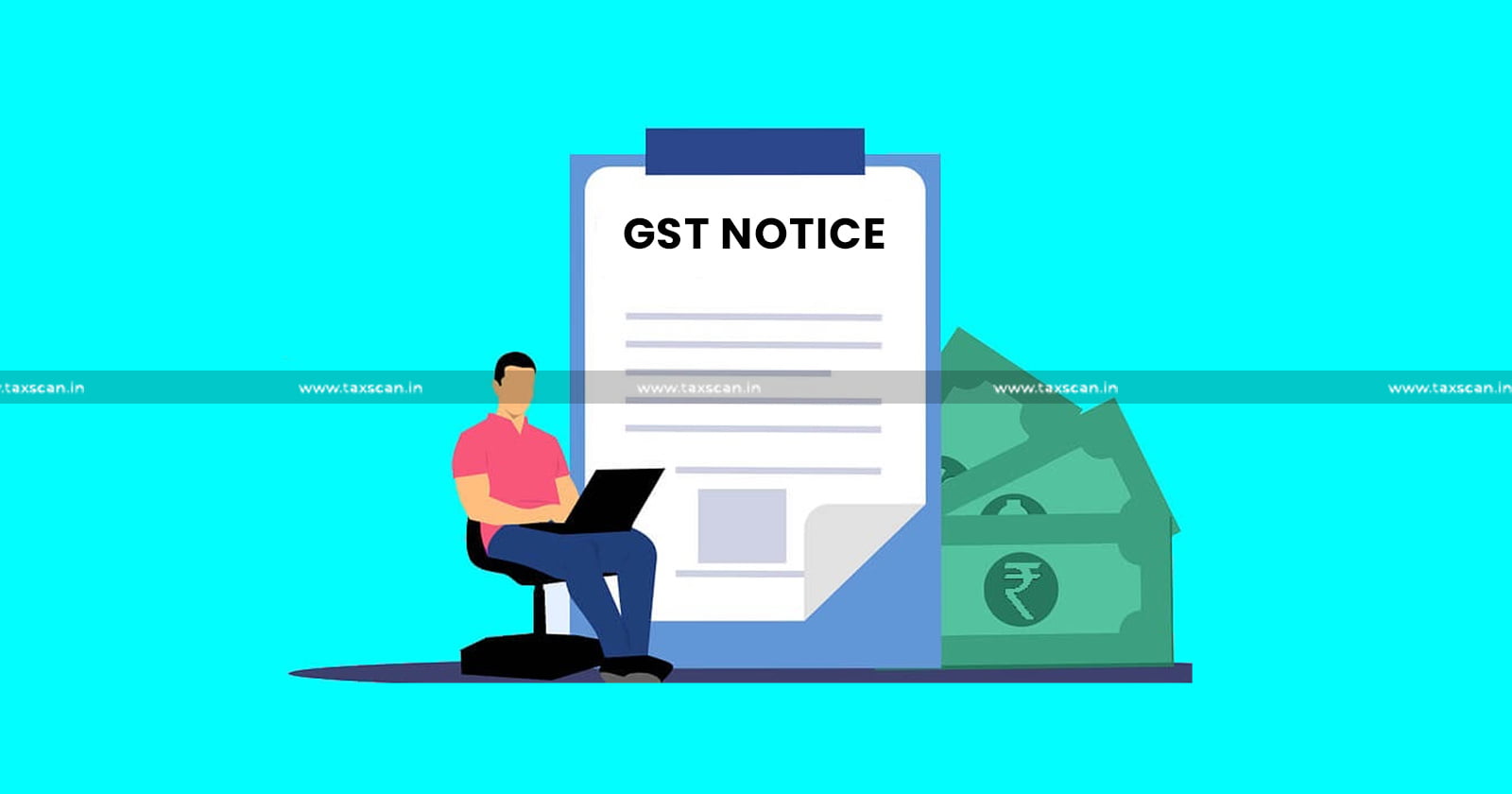GST Demand raised on Non-Reflection of Credit Note Values and its ITC Reversal in GSTR 2A: Madras HC grants Liberty to File Late GST Appeal with 15% Pre-Deposit [Read Order]
While the assessment proceedings were conducted with due process, the petitioner’s willingness to comply financially warranted a pragmatic solution, observed the court
![GST Demand raised on Non-Reflection of Credit Note Values and its ITC Reversal in GSTR 2A: Madras HC grants Liberty to File Late GST Appeal with 15% Pre-Deposit [Read Order] GST Demand raised on Non-Reflection of Credit Note Values and its ITC Reversal in GSTR 2A: Madras HC grants Liberty to File Late GST Appeal with 15% Pre-Deposit [Read Order]](https://images.taxscan.in/h-upload/2025/06/08/2041684-gst-demand-raised-on-non-reflection-credit-note-values-itc-reversal-gstr-2a-madras-hc-liberty-to-file-late-gst-appeal-pre-deposit-taxscan.webp)
The Madras High Court has granted liberty to file a time-barred appeal against a GST ( Goods and Services Tax ) assessment order, provided they make a 15% pre-deposit of the disputed tax amount.
The case involved a demand raised by the GST department on the basis that credit note values and corresponding Input Tax Credit (ITC) reversals were not reflected in the GSTR-2A annual return.
The petitioner, Tuskers Associates, challenged the assessment order dated 29.08.2024, arguing that despite filing a detailed reply to the show cause notice issued on 30.05.2024, the final order confirmed tax, interest, and penalty purely due to the non-reflection of credit notes and ITC reversal in GSTR-2A. The petitioner claimed that the demand was erroneous and unsustainable, and requested the Court to set aside the order.
 Also Read:Delay cannot be condoned in an appeal u/s 107 of CGST Act: Delhi HC Dismisses Review Petition [Read Order]
Also Read:Delay cannot be condoned in an appeal u/s 107 of CGST Act: Delhi HC Dismisses Review Petition [Read Order]
The revenue contended that the petitioner was given ample opportunity, including a personal hearing, before the final order was passed. The department argued that the only recourse now available to the petitioner was to file an appeal before the appellate authority.
The petitioner requested the Court's indulgence to enable them the right to file an appeal after the appeal filing date had passed. They offered to deposit 15% of the contested tax, which included the required 10% pre-deposit and an extra 5% to support their request for the condonation.
GST Cases Are Rising—Are You Prepared? Stay ahead with expert insights! Click here
Justice Krishnan Ramasamy held that while the assessment proceedings were conducted with due process, the petitioner’s willingness to comply financially warranted a pragmatic solution. Accordingly, the Court dismissed the writ petition but granted liberty to the petitioner to file an appeal within 30 days from receipt of the order, on the condition of depositing 15% of the disputed tax. The Court directed the appellate authority to entertain the appeal on merits, without insisting on limitation.
 Also Read:GST Notices Must Be Effectively Served: Madras HC Says RPAD Required If No Response to Portal Upload [Read Order]
Also Read:GST Notices Must Be Effectively Served: Madras HC Says RPAD Required If No Response to Portal Upload [Read Order]
Support our journalism by subscribing to Taxscan premium. Follow us on Telegram for quick updatesM/s.Tuskers Associate vs The State Tax Officer


